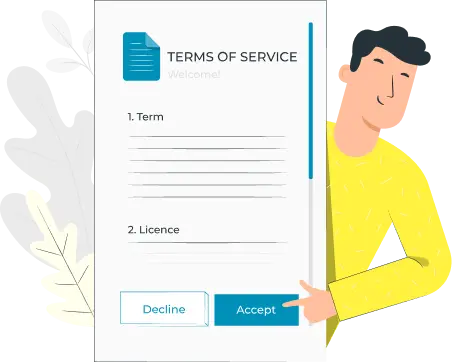Paid holidays are specific days designated by law or company policy where employees can take time off while receiving regular pay. These holidays often commemorate national or cultural events, religious observances, or important historical dates.
Paid holidays reflect a commitment to employee well-being, which can significantly enhance morale and engagement. Employers foster a positive work environment by providing time off, leading to greater job satisfaction and increased employee motivation.
Well-rested and rejuvenated employees tend to be more focused and productive upon returning. Adequate time off allows employees to recharge, reducing burnout and enhancing their overall performance. When refreshed, employees can tackle tasks with renewed energy and efficiency. This productivity improvement benefits individual performance and contributes to the overall success of the team and organization. Ensuring employees have opportunities to rest is a key factor in maintaining a high-performing workforce.
Offering competitive paid holiday benefits can be a key factor in attracting and retaining top talent in a competitive job market. By providing appealing time-off policies, companies can differentiate themselves from competitors and appeal to prospective employees. These benefits demonstrate a commitment to work-life balance, which many job seekers highly value. Additionally, current employees are likelier to stay with a company that prioritizes their well-being and offers substantial time-off benefits. As a result, competitive holiday benefits can enhance recruitment and employee retention efforts.
Paid holidays foster a positive and supportive company culture that prioritizes work-life balance. By offering time off, companies demonstrate that they value their employees' personal lives and well-being. This commitment helps create a more inclusive and caring work environment. Employees are likely to feel more respected and valued, which can enhance their overall job satisfaction.
Holidays allow employees to break away from their work routines, allowing them to de-stress and recharge physically and mentally. This time off helps individuals step away from the daily grind, rejuvenate their energy, and return to work with a refreshed perspective. Employees can improve their overall well-being by taking a break, contributing to better performance and a more positive attitude upon their return.
Holidays allow employees to spend time with family and friends, strengthening their relationships. This quality time helps improve their overall happiness and emotional well-being, positively affecting their work performance and satisfaction.
Paid holidays enable employees to engage in cultural or religious events without sacrificing income. This financial support ensures that employees can fully participate in these special occasions. Companies help employees celebrate important events with their loved ones by providing time off. This approach fosters a positive work environment and demonstrates respect for diverse traditions. Ultimately, it contributes to employees' overall job satisfaction and well-being.
Regular breaks are essential for preventing employee burnout and enhancing overall mental health. By providing time off, companies help employees manage stress more effectively and maintain their well-being. These breaks allow employees to recharge and return to work with a clearer, more focused mindset. Reducing stress through regular time off helps sustain long-term productivity and job satisfaction. Ultimately, it contributes to a healthier, more balanced work environment.
Public holidays are national or regional days mandated by law, often commemorating historical events, religious observances, or national celebrations. These holidays are recognized and observed across specific areas, providing a day off for employees and frequently involving various public events or ceremonies. They honour significant moments or traditions that hold cultural or historical importance.
Some companies provide additional paid holidays beyond the legally required ones, showcasing their commitment to employee well-being. These extra days off reflect the company's dedication to supporting work-life balance and enhancing employee satisfaction. Companies help employees recharge and maintain a healthy work-life equilibrium by offering more time off. This approach can also boost morale and foster a positive work environment.
Floating holidays are flexible days off that employees can use at their discretion. They allow individuals to observe personal events or religious holidays that may not be included in the standard holiday calendar. This flexibility helps accommodate diverse needs and preferences, enhancing work-life balance. Floating holidays allow employees to choose time off based on their personal or cultural significance.
Paid holidays are a vital component of a healthy work environment. They contribute to employee well-being, productivity, and overall company success. By prioritizing paid holidays, employers can demonstrate their commitment to their employees and foster a positive organizational culture.
Disclaimer: This article and all information in it is provided for general informational purposes only. It does not, and is not intended to, constitute legal or tax advice. You should consult with a qualified legal or tax professional for advice regarding any legal or tax matter and prior to acting (or refraining from acting) on the basis of any information provided on this website.
Choose Glints TalentHub as your partner in Southeast Asia.
Building your Team in
Southeast Asia with Glints' EOR Service

Rapid
Team Setup
Launch Southeast Asian operations in a week for a seamless start

Full Suite of HR Offerings
Launch Southeast Asian operations in a week for a seamless start

Guaranteed 100% Compliance
Ensure total HR and legal compliance with expert local guidance

Dedicated & Immediate Support
Get quick, dedicated HR support within 24 hours